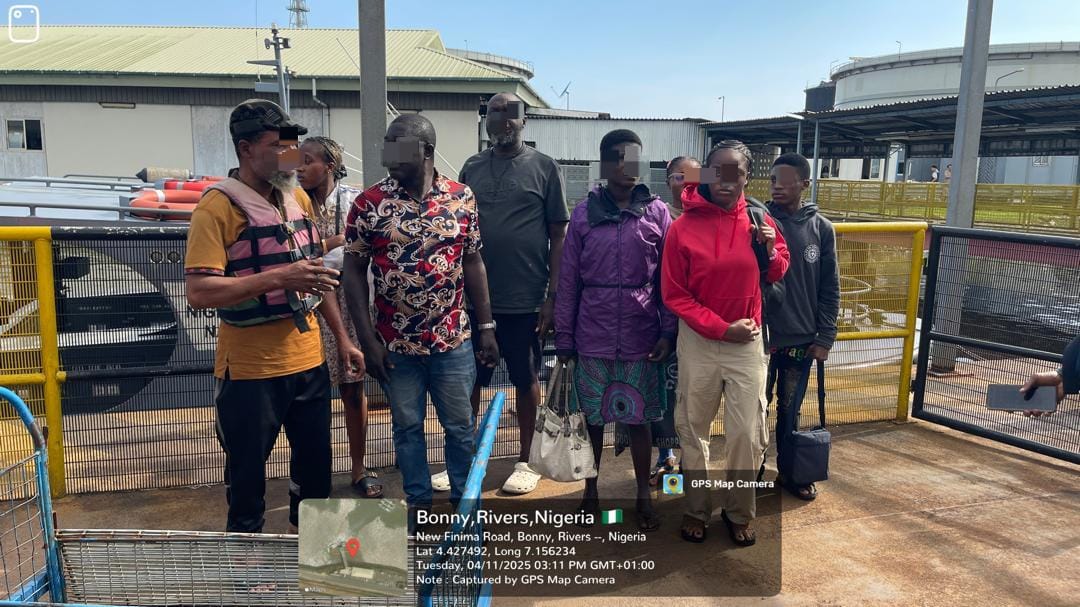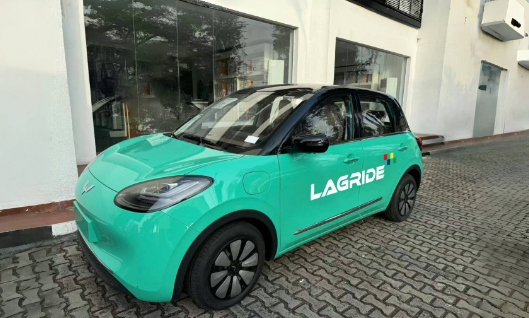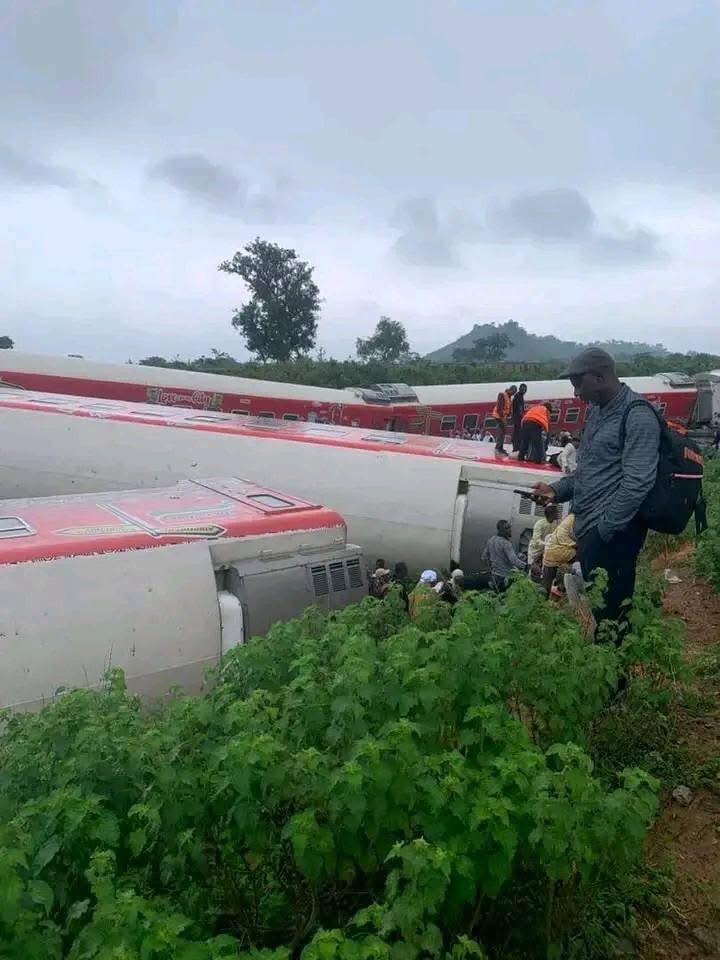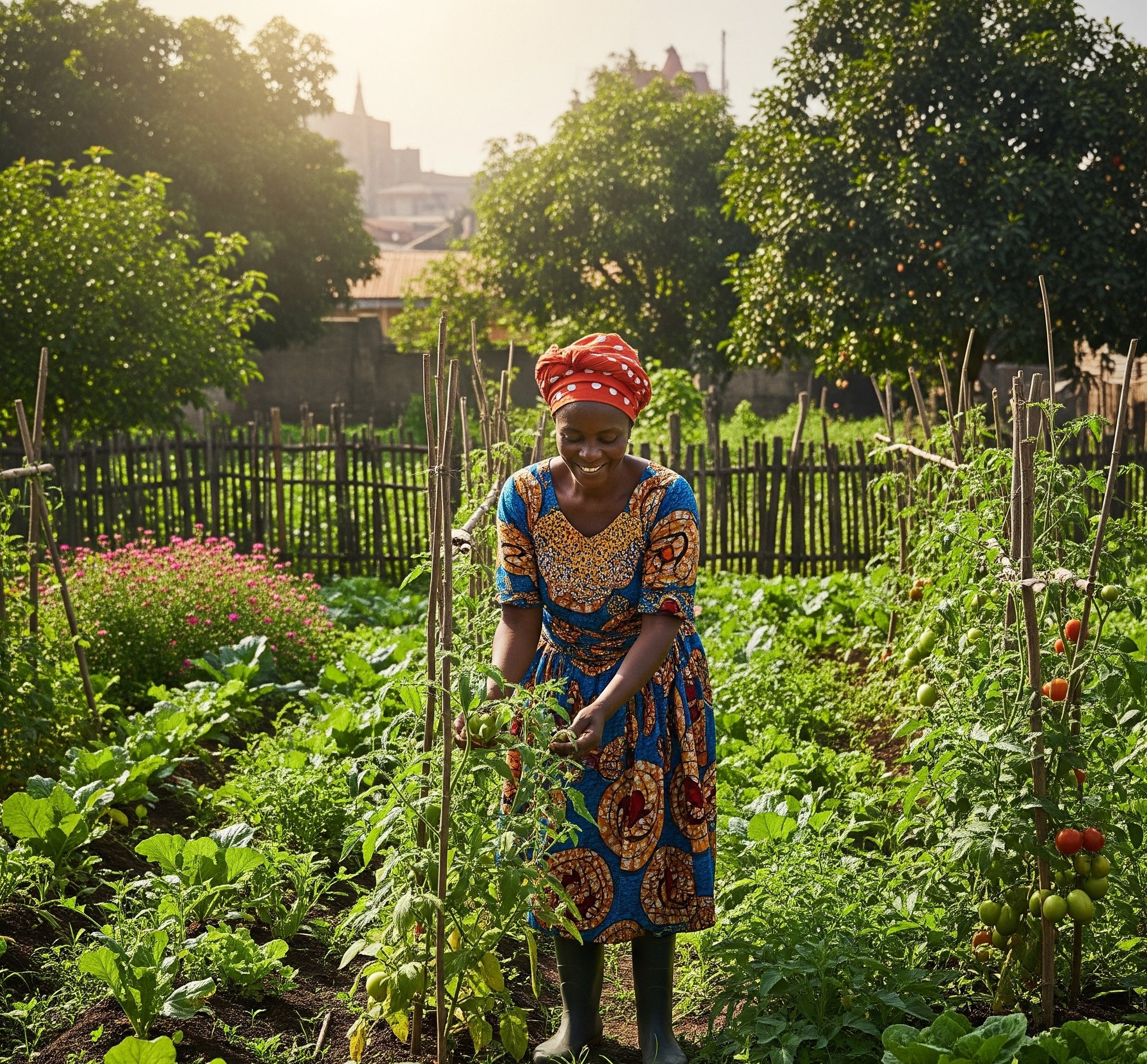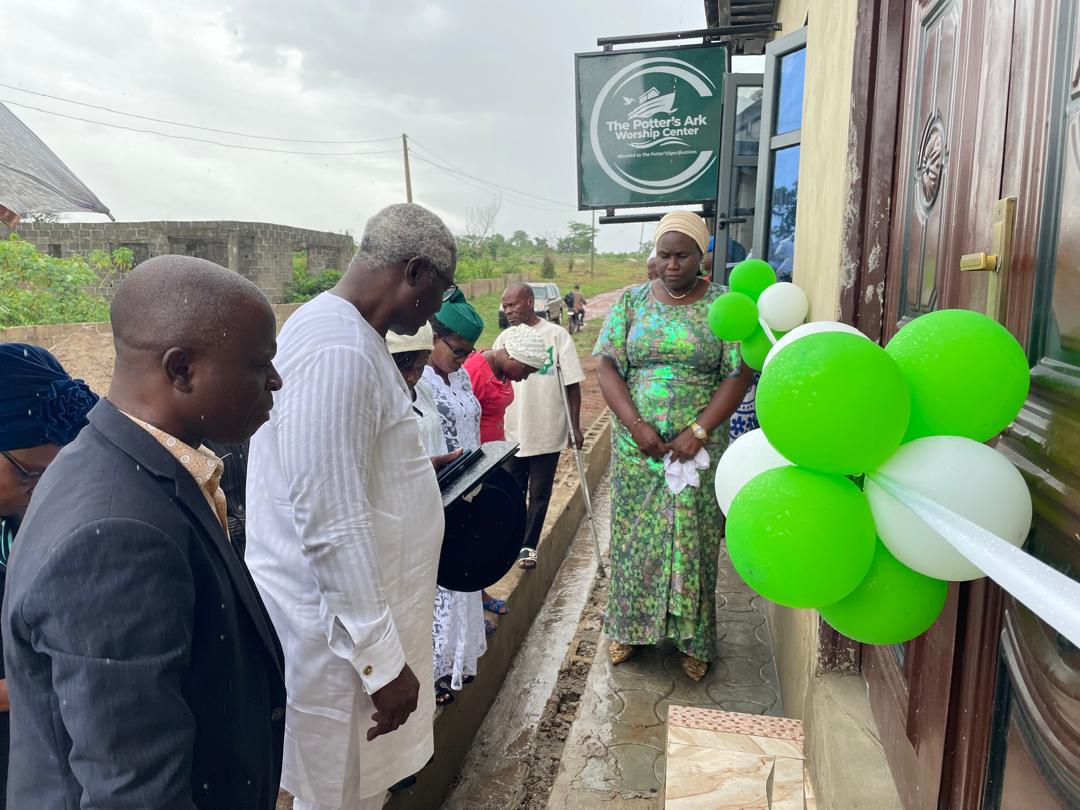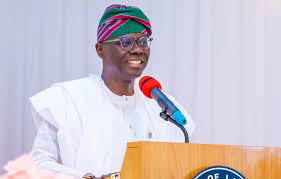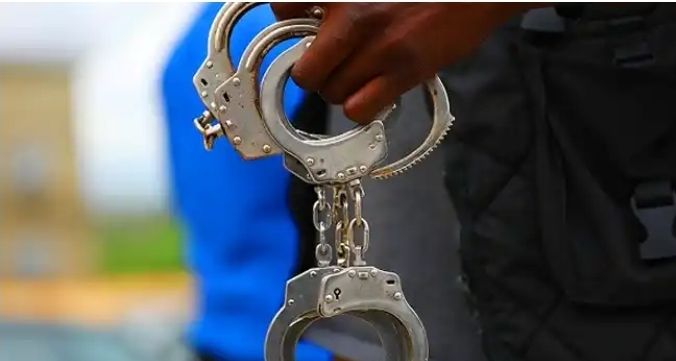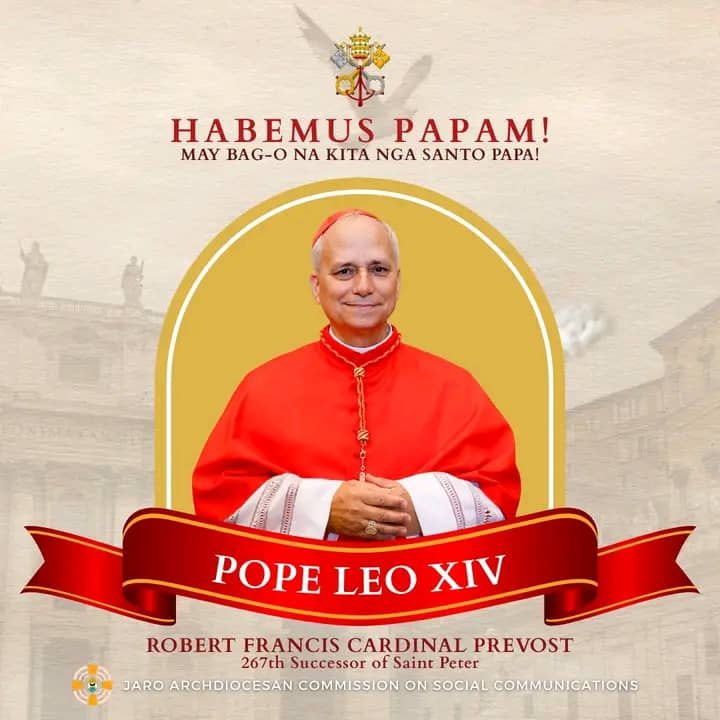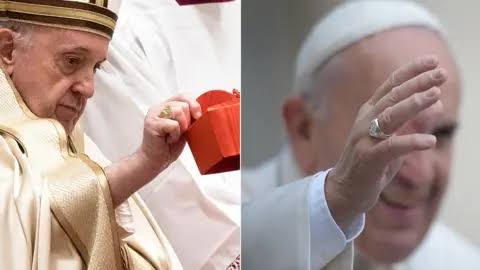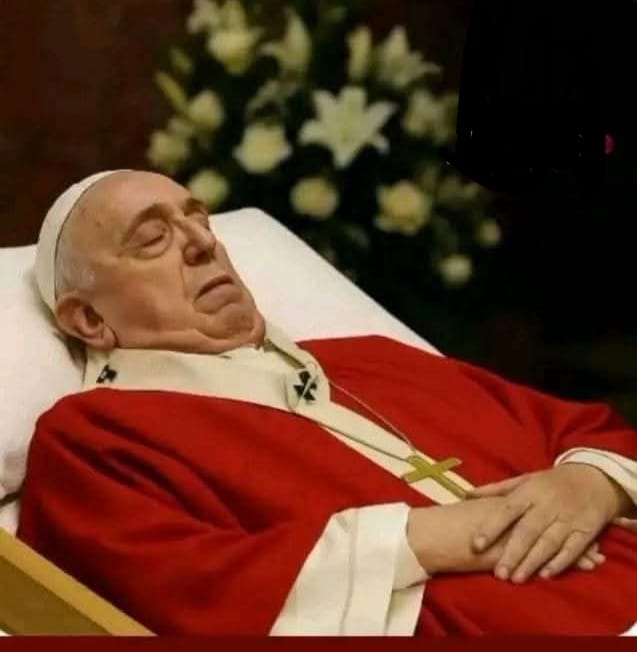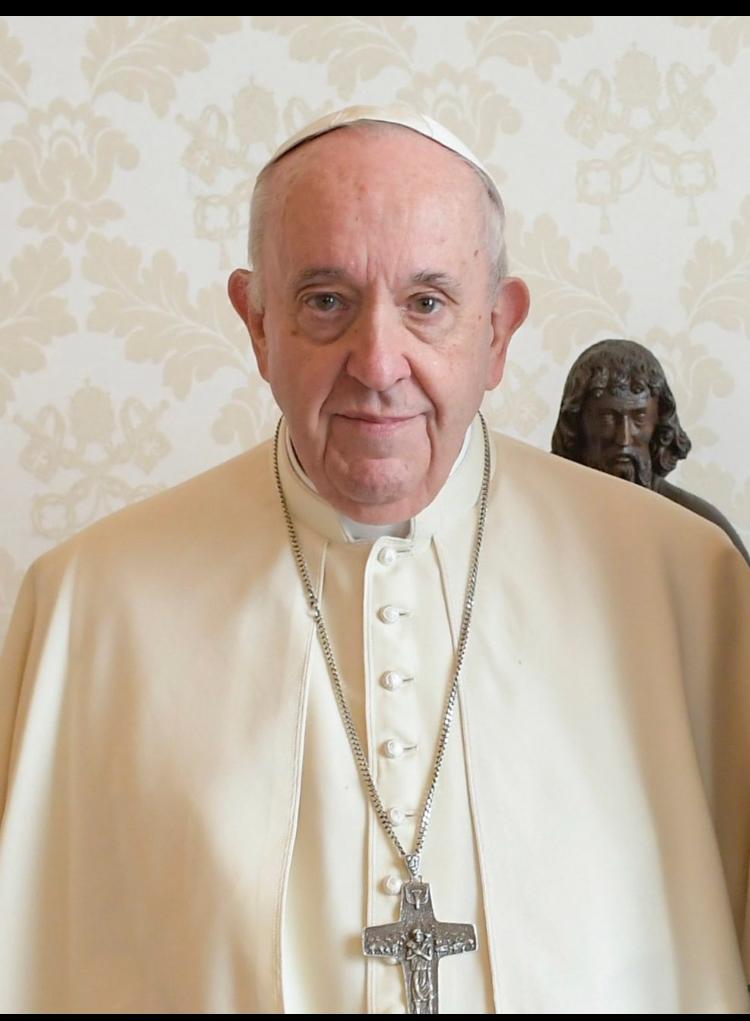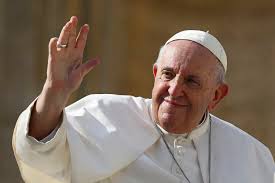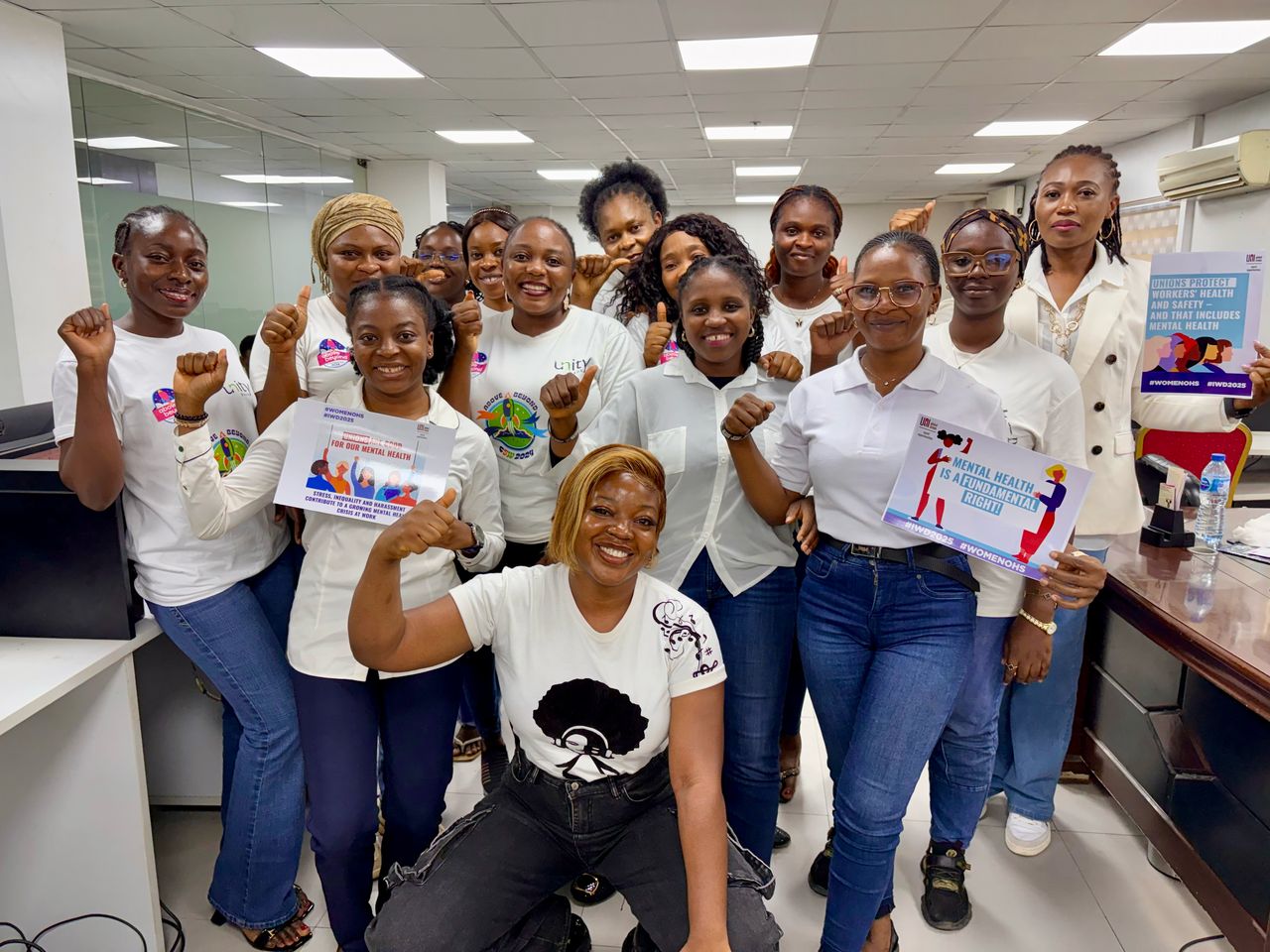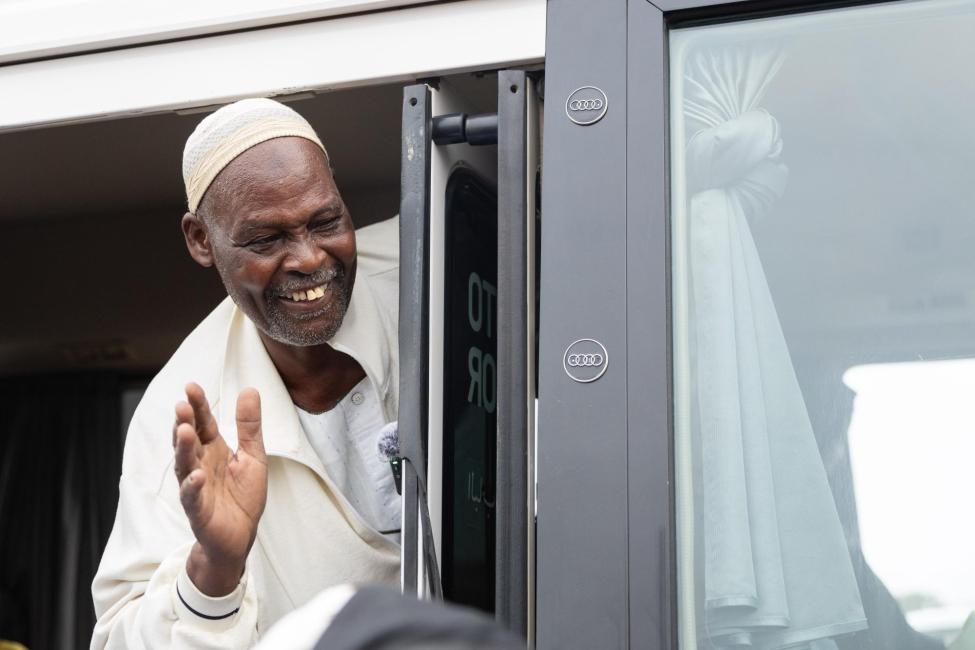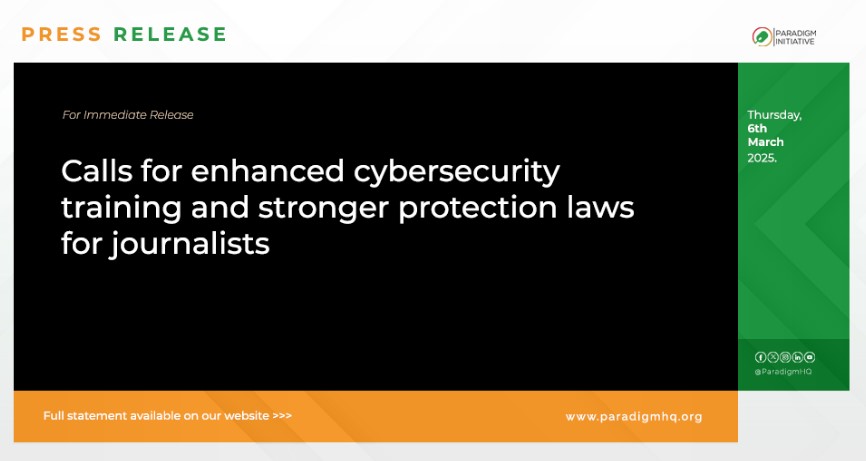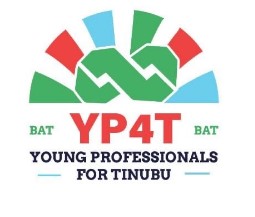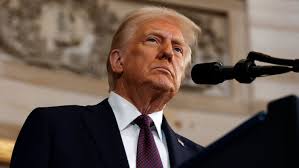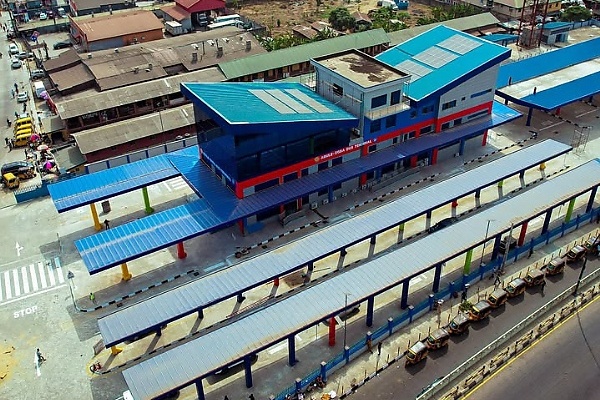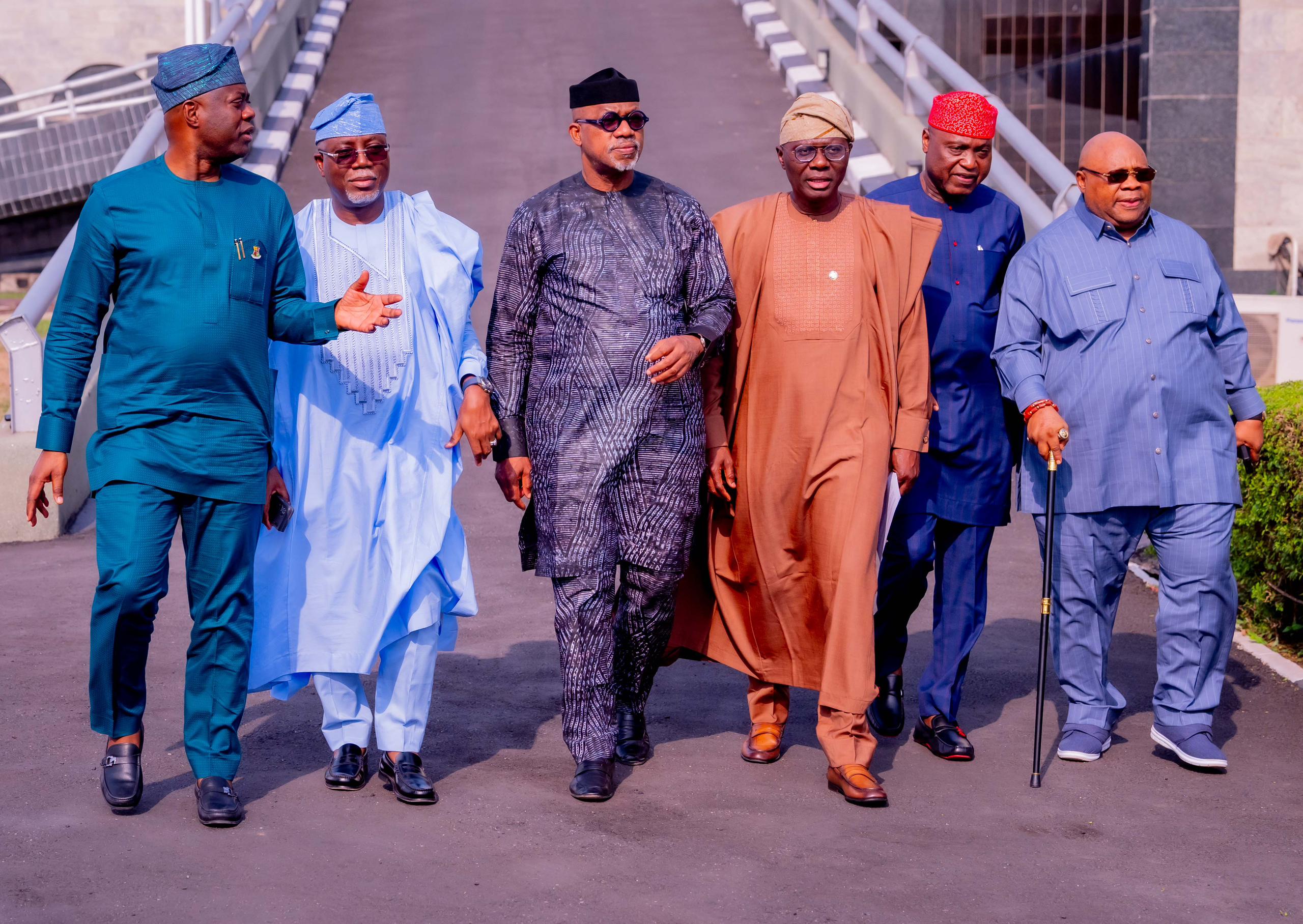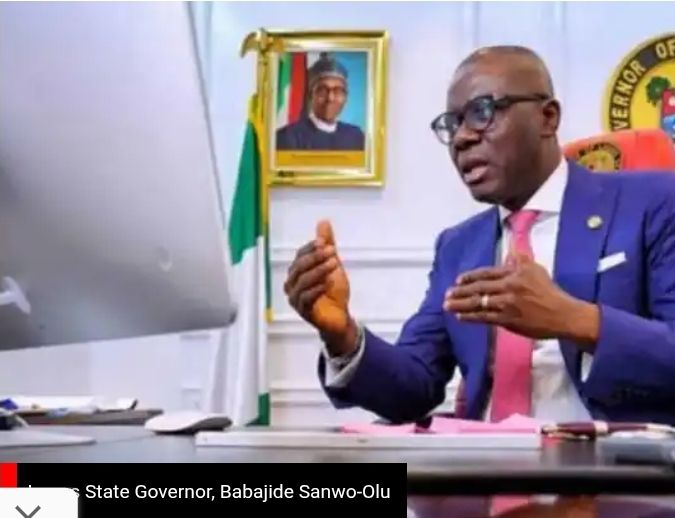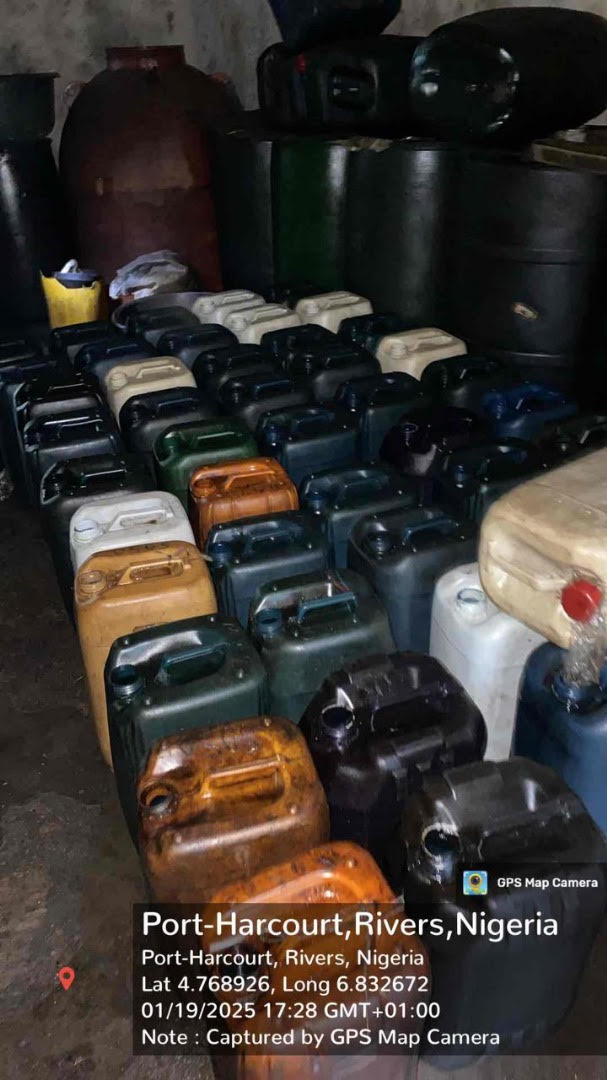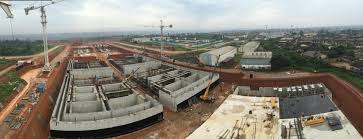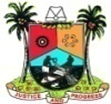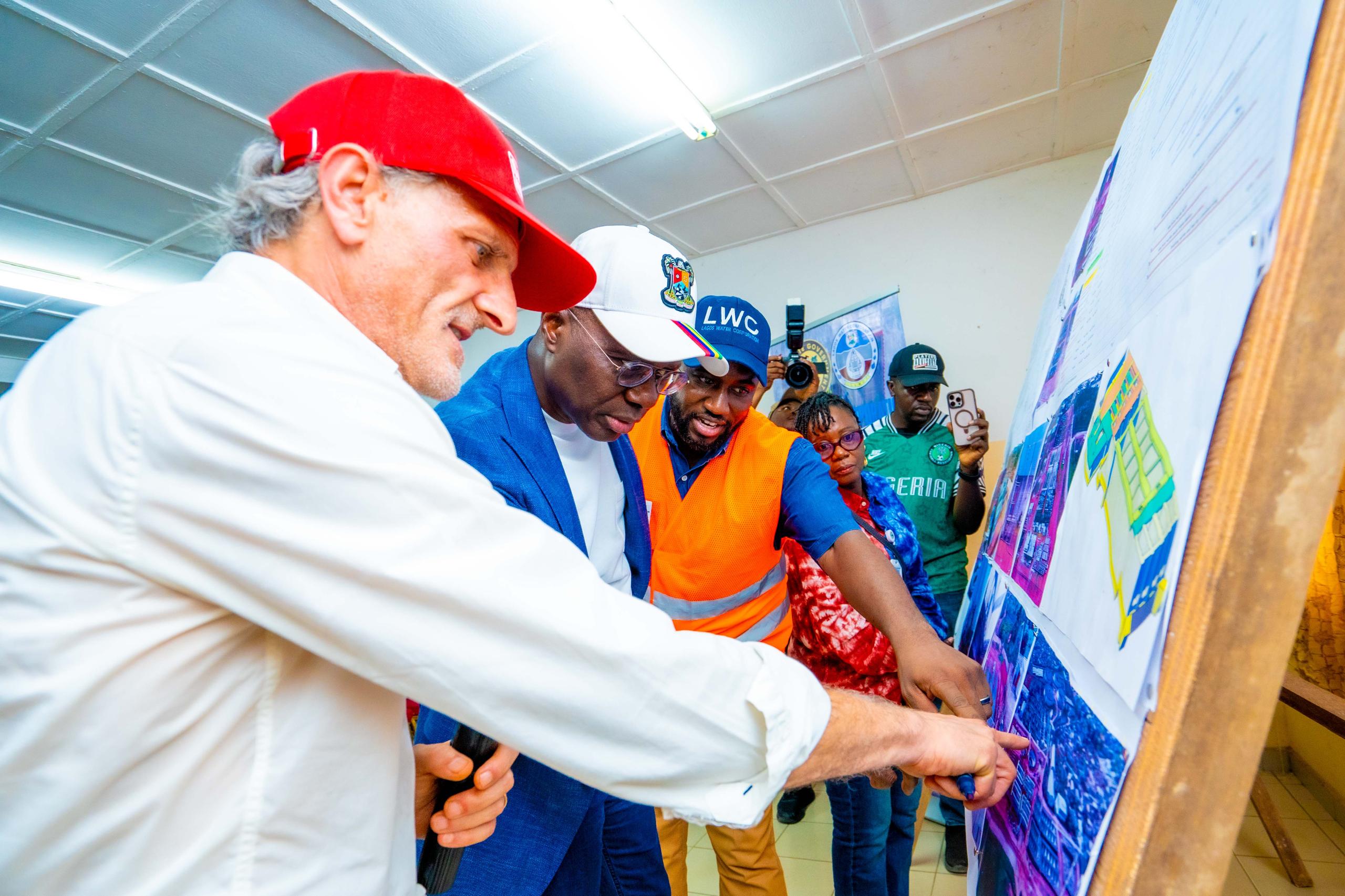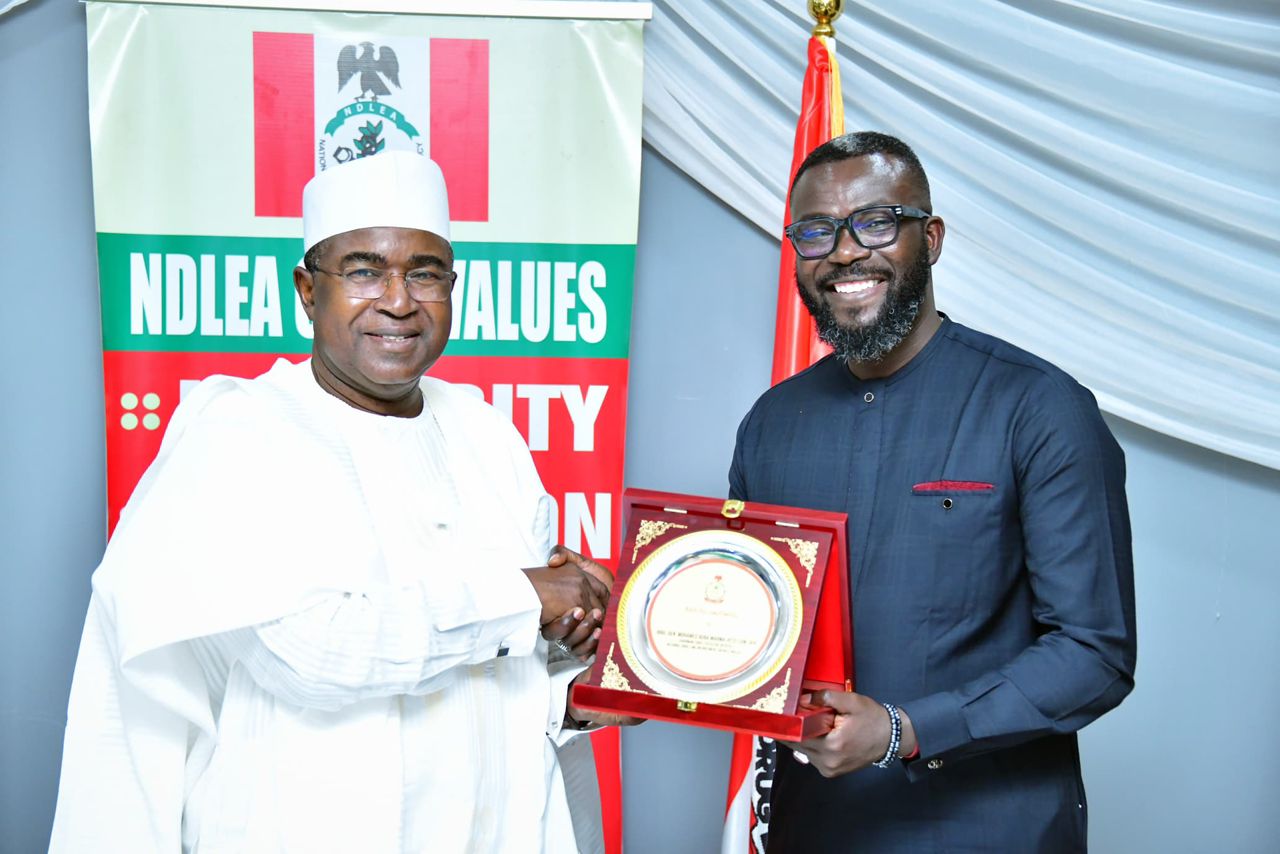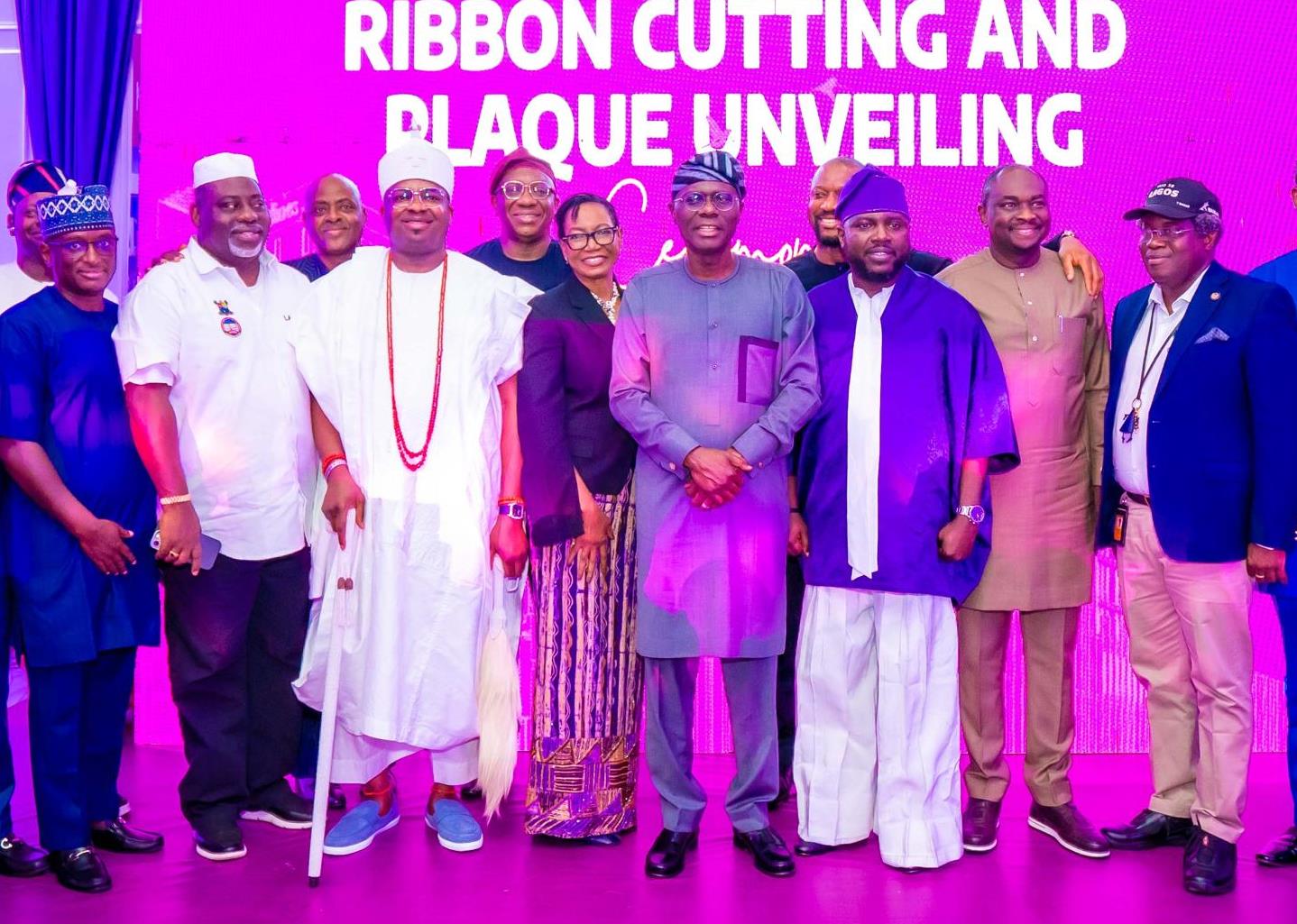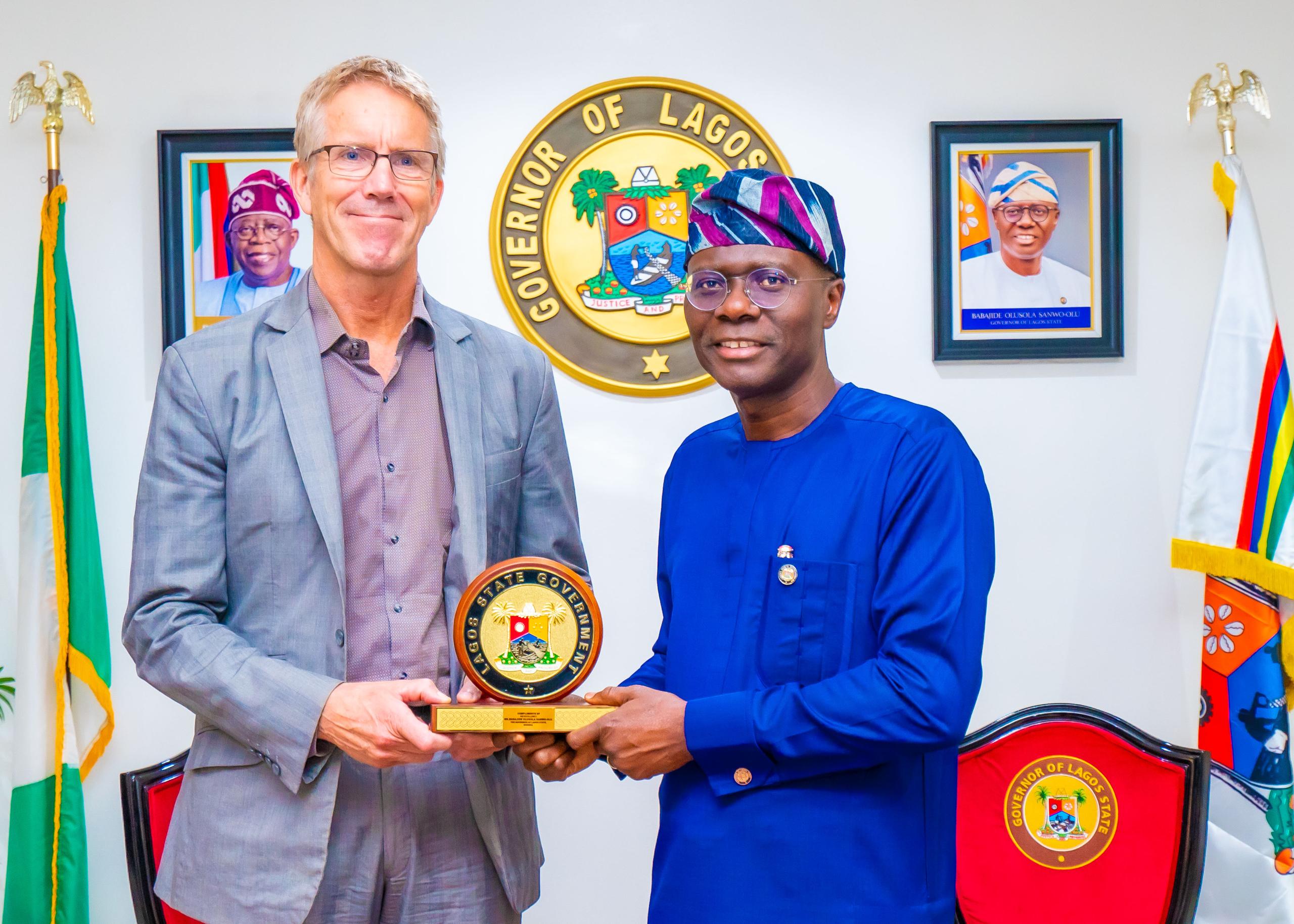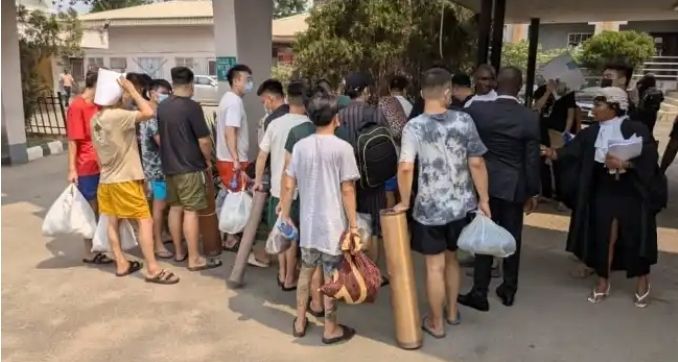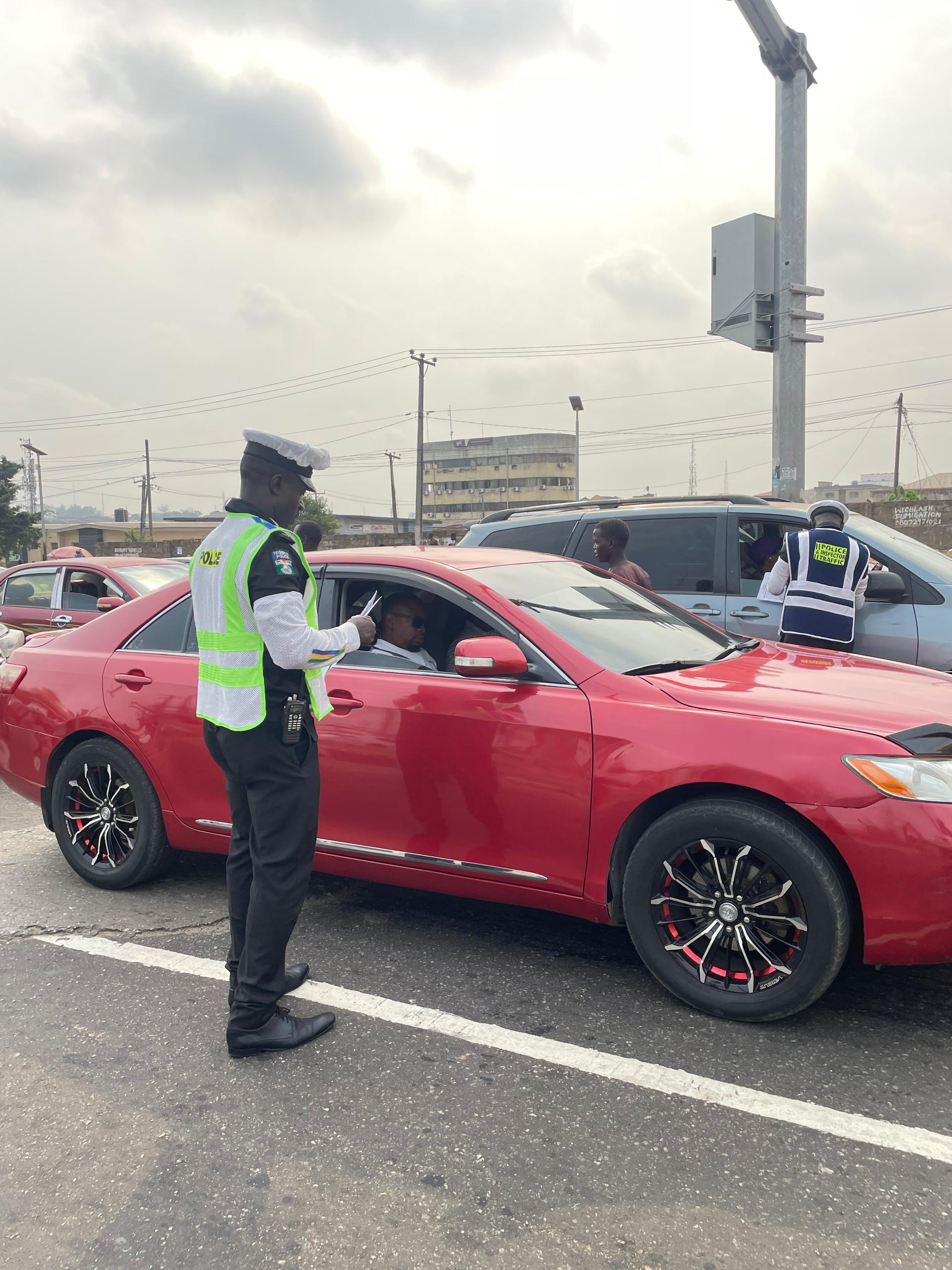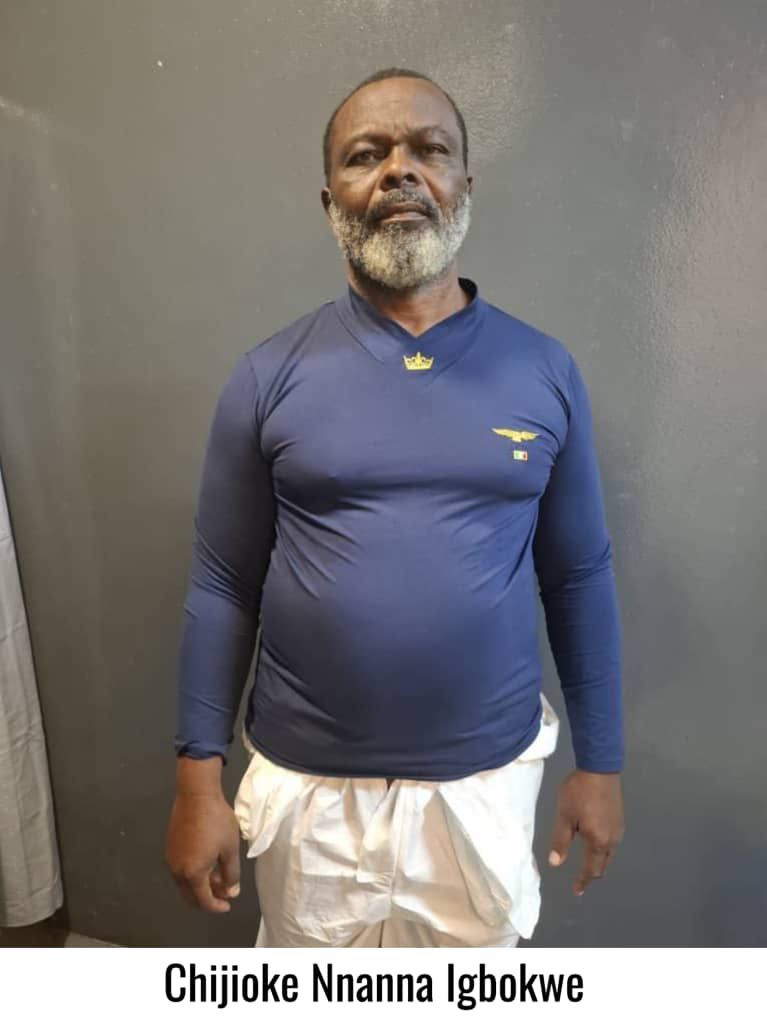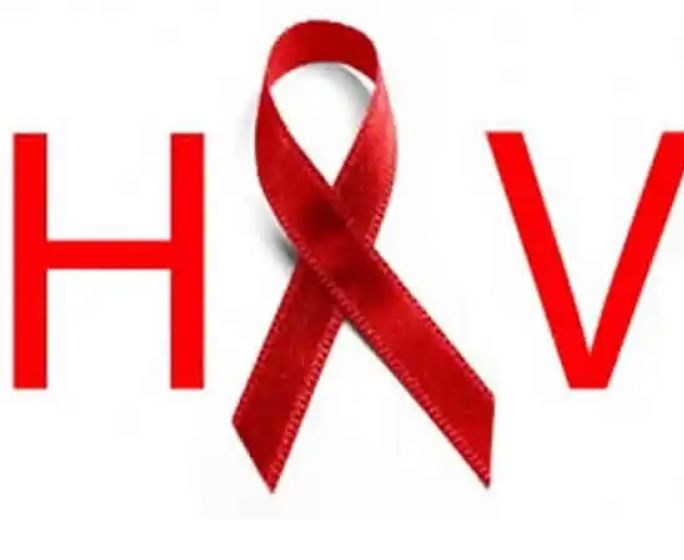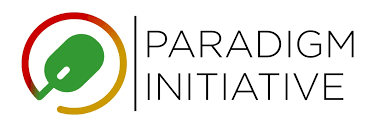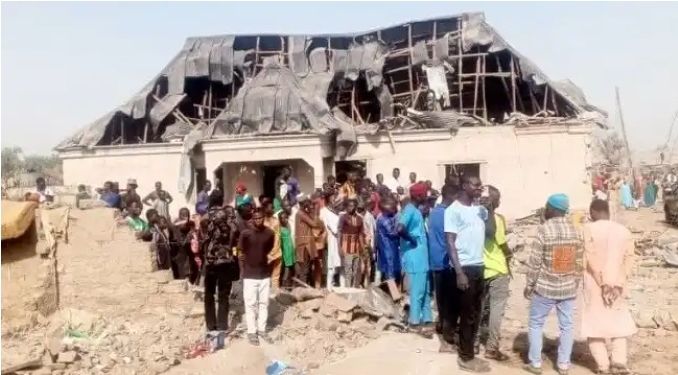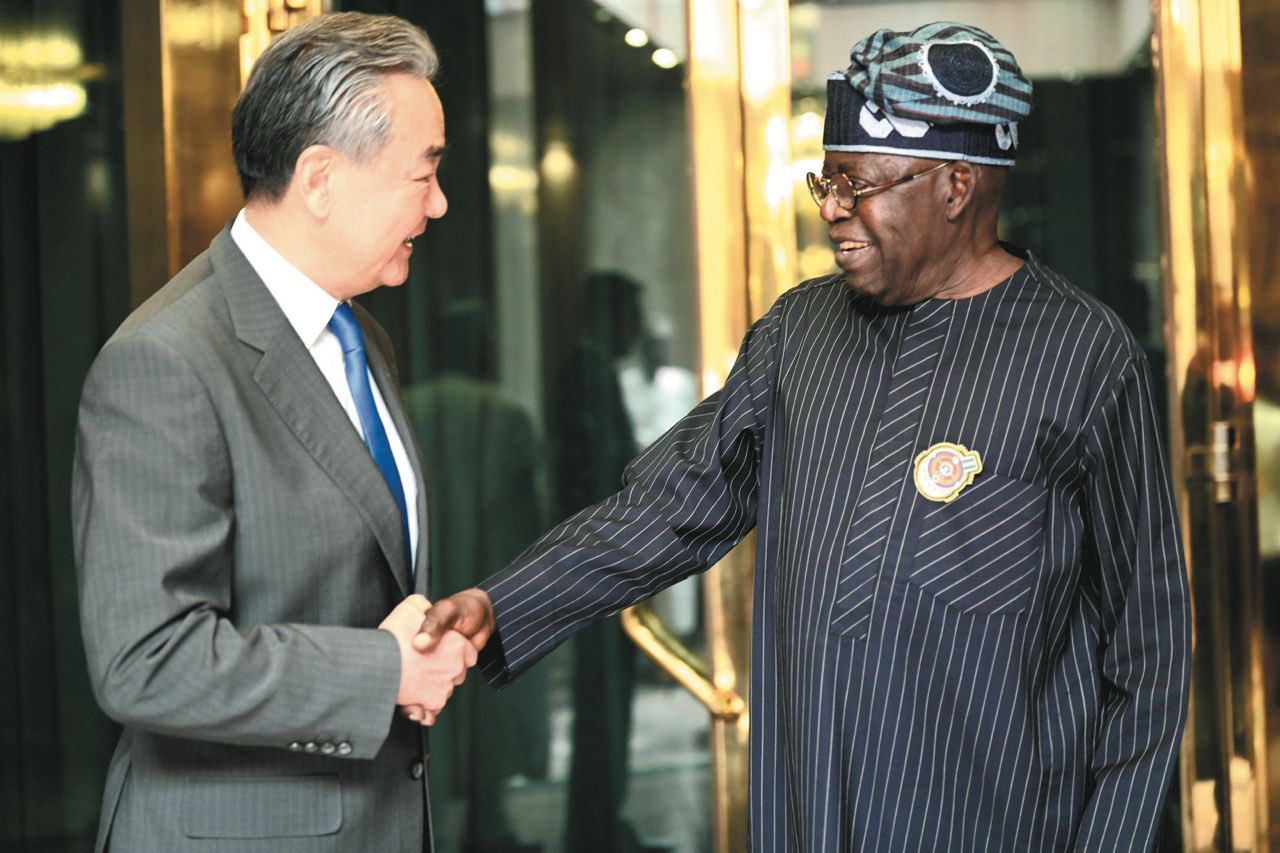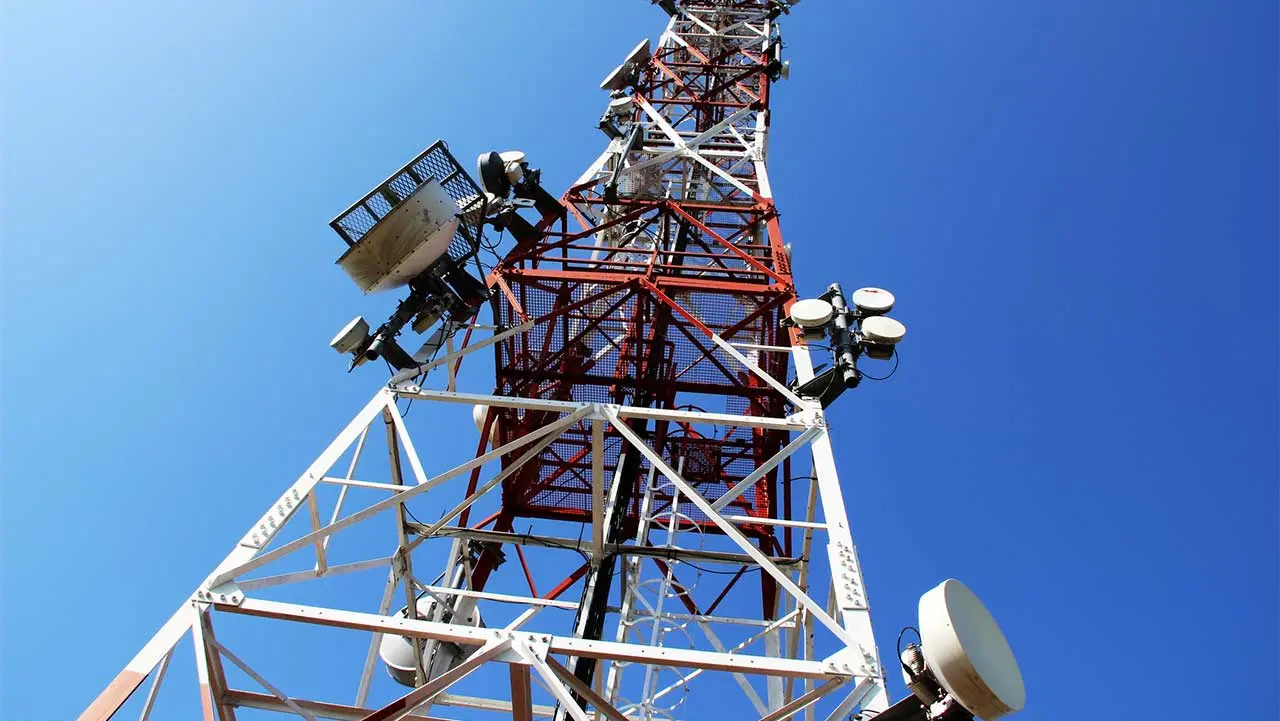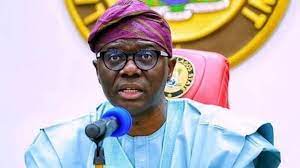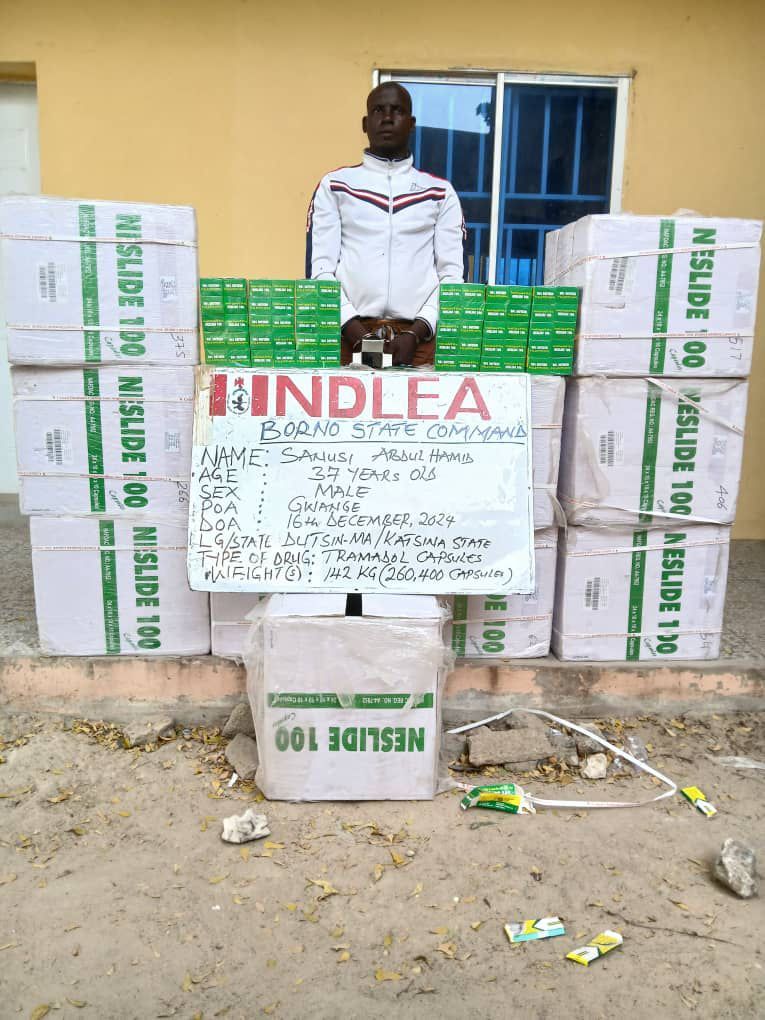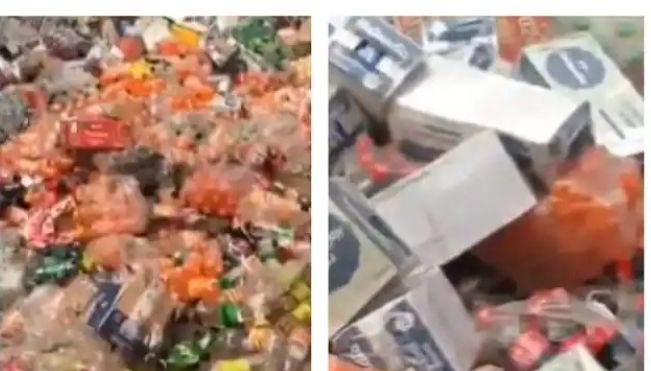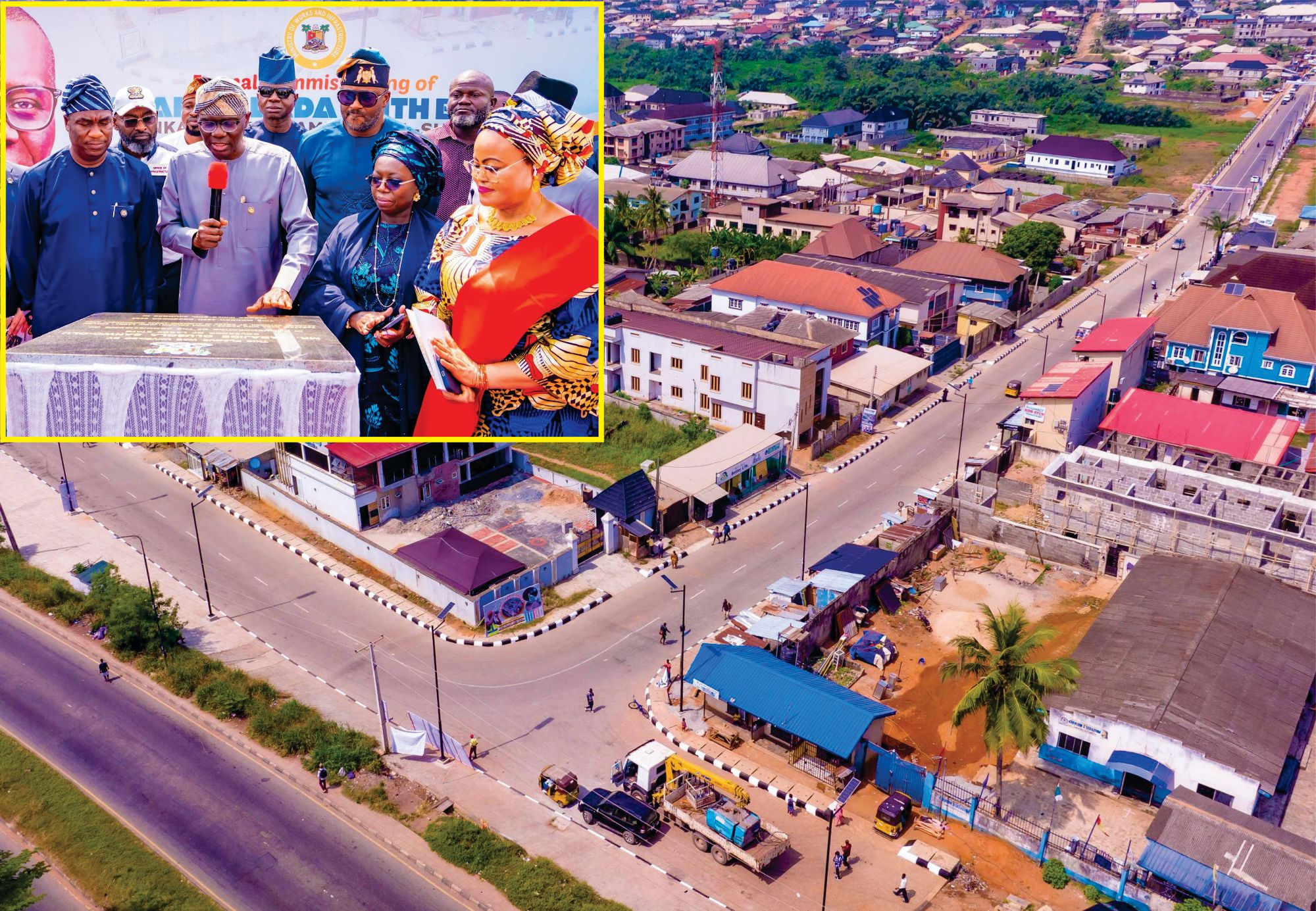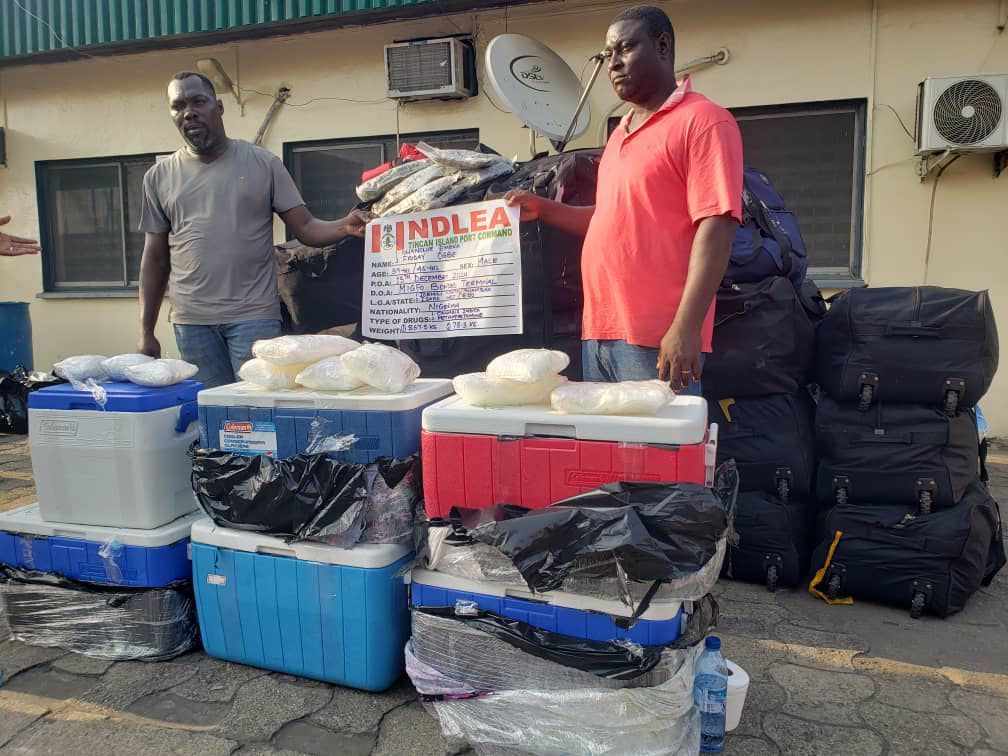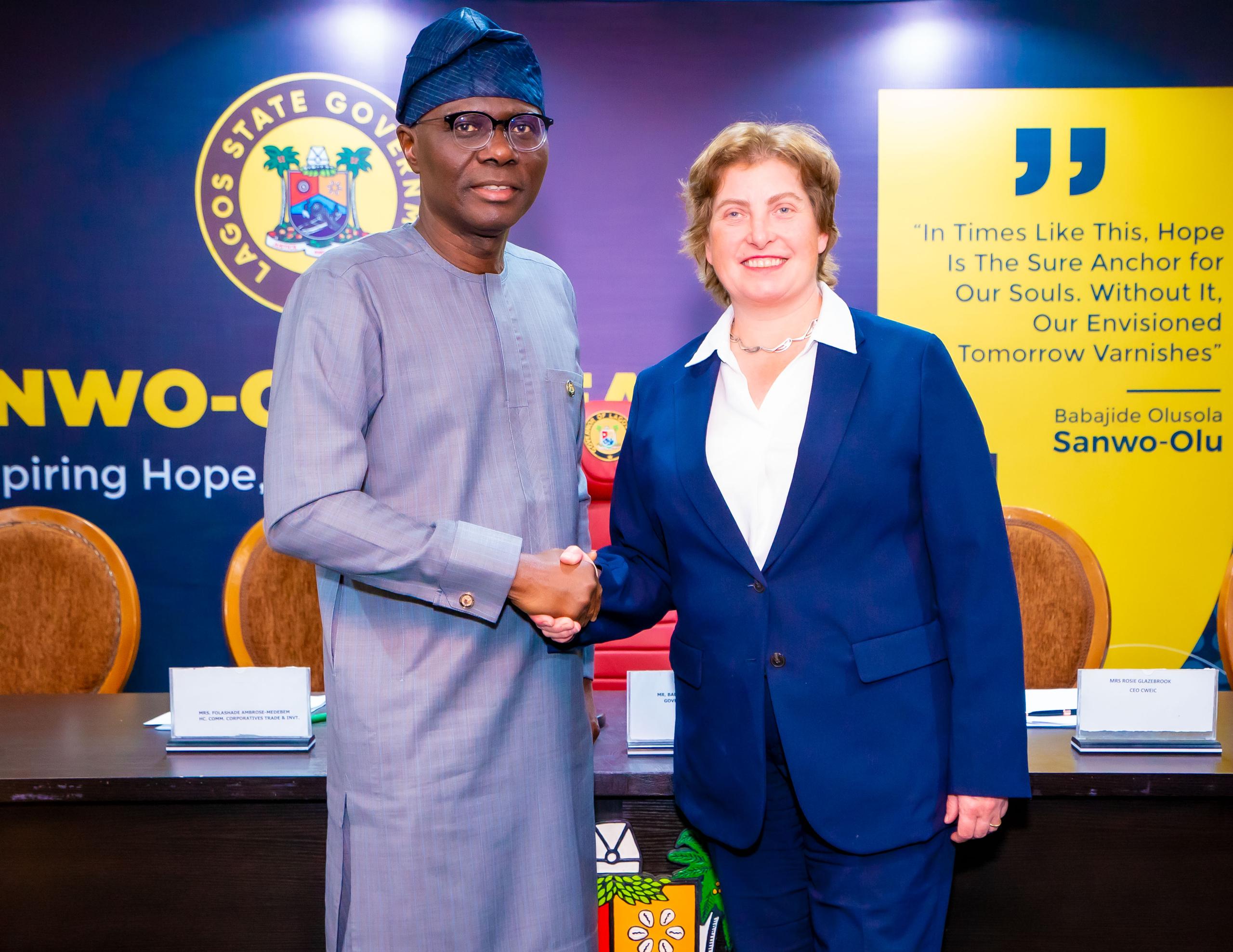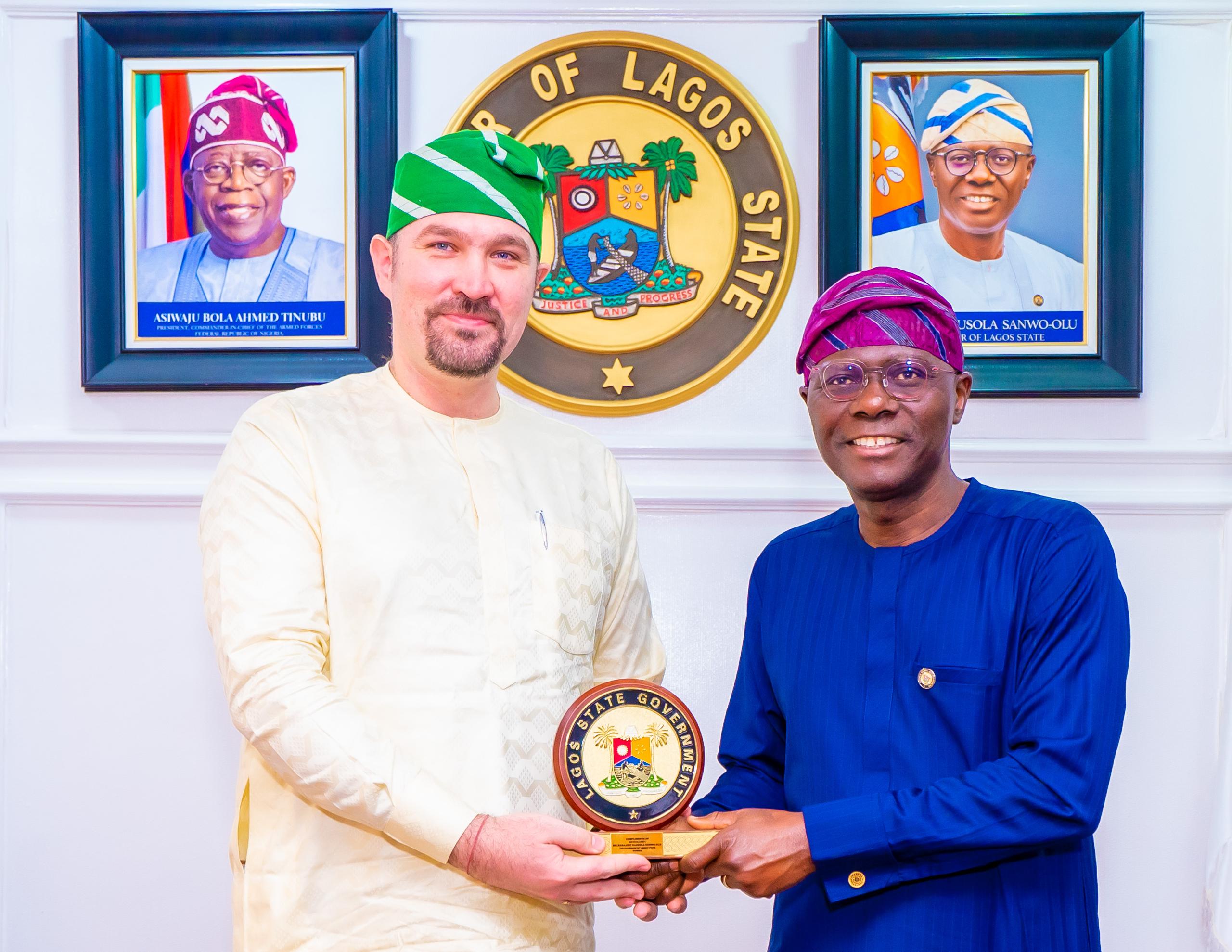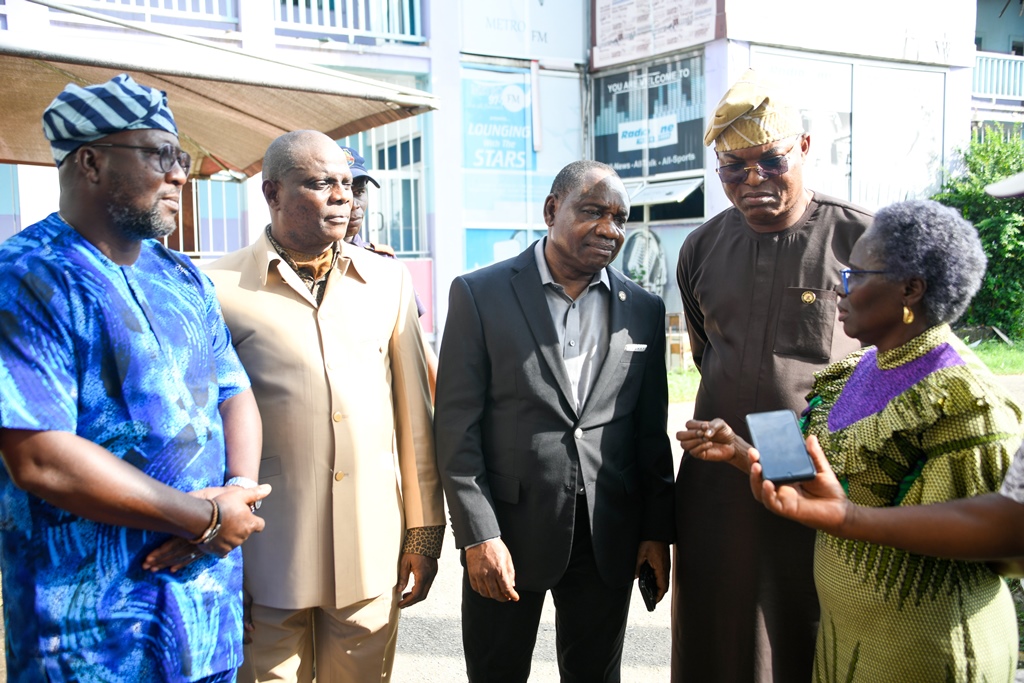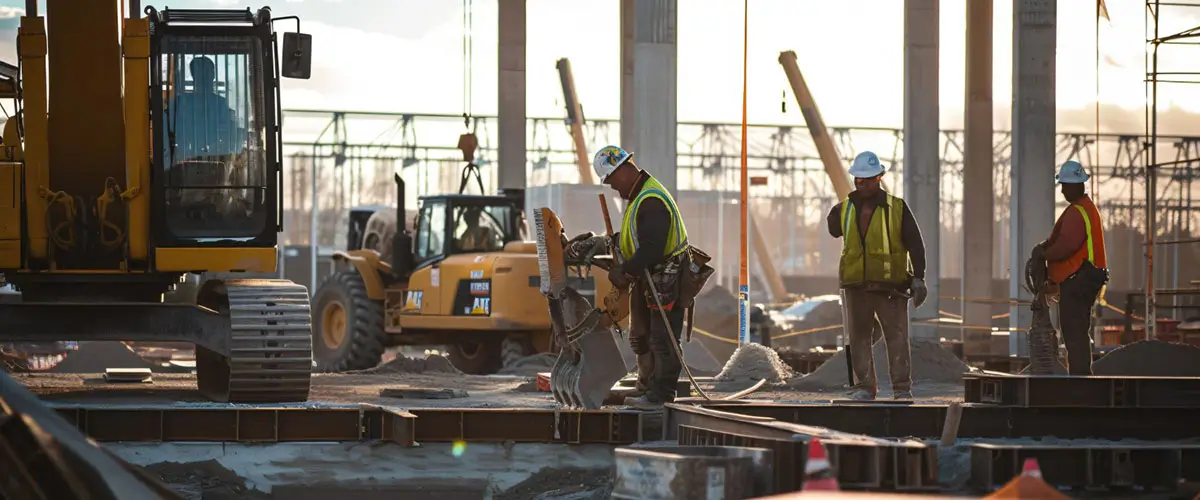The Minister of Finance, Budget and National Planning, Zainab Ahmed, says the federal government will remove fuel subsidies by 2022 and replace them with N5000-a-month transportation grant to the poorest Nigerians.
She disclosed this at the launch of the World Bank Nigeria Development Update (NDU) on Tuesday.
Zainab explained that the grant would go to about 30 to 40 million Nigerians that make up the poorest population of the country adding that the final number of beneficiaries would depend on the resources available after the removal of the fuel subsidy.
She also explained that the move was set for June 2022, but the federal government hopes to implement it before June in line with the Petroleum Industry Act (PIA).
“The subsidies regime in the [oil] sector remains unsustainable and economically disingenuous. Ahead of the target date of mid-2022 for the complete elimination of fuel subsidies, we are working with our partners on measures to cushion potential negative impact of the removal of the subsidies on the most vulnerable at the bottom 40% of the population.
“One of such measures would be to institute a monthly transport subsidy in the form of cash transfer of N5,000 to between 30 – 40 million deserving Nigerians,” she said.
The World Bank in the development update had said the poorest 40% in Nigeria consume less than 3% of the total PMS in the country, highlighting that the rich were benefiting more from the subsides.
She further continued that, “We are very optimistic that the recent developments in the oil sector, such as the Petroleum Industry Act (PIA) 2021, hopefully, the full reactivation of the 4 public refineries in the country, and the completion and coming on stream of the 3 private refineries under construction in 2022, would significantly boost contribution from the sector to our economic growth efforts.” as reported by Sahara reporters!
“I agree with the Report that with the expansion of social protection policies during the pandemic, the government has an opportunity to phase out subsidies such as the PMS subsidy while utilising cash transfers to safeguard the welfare of poor and middle-class households.




